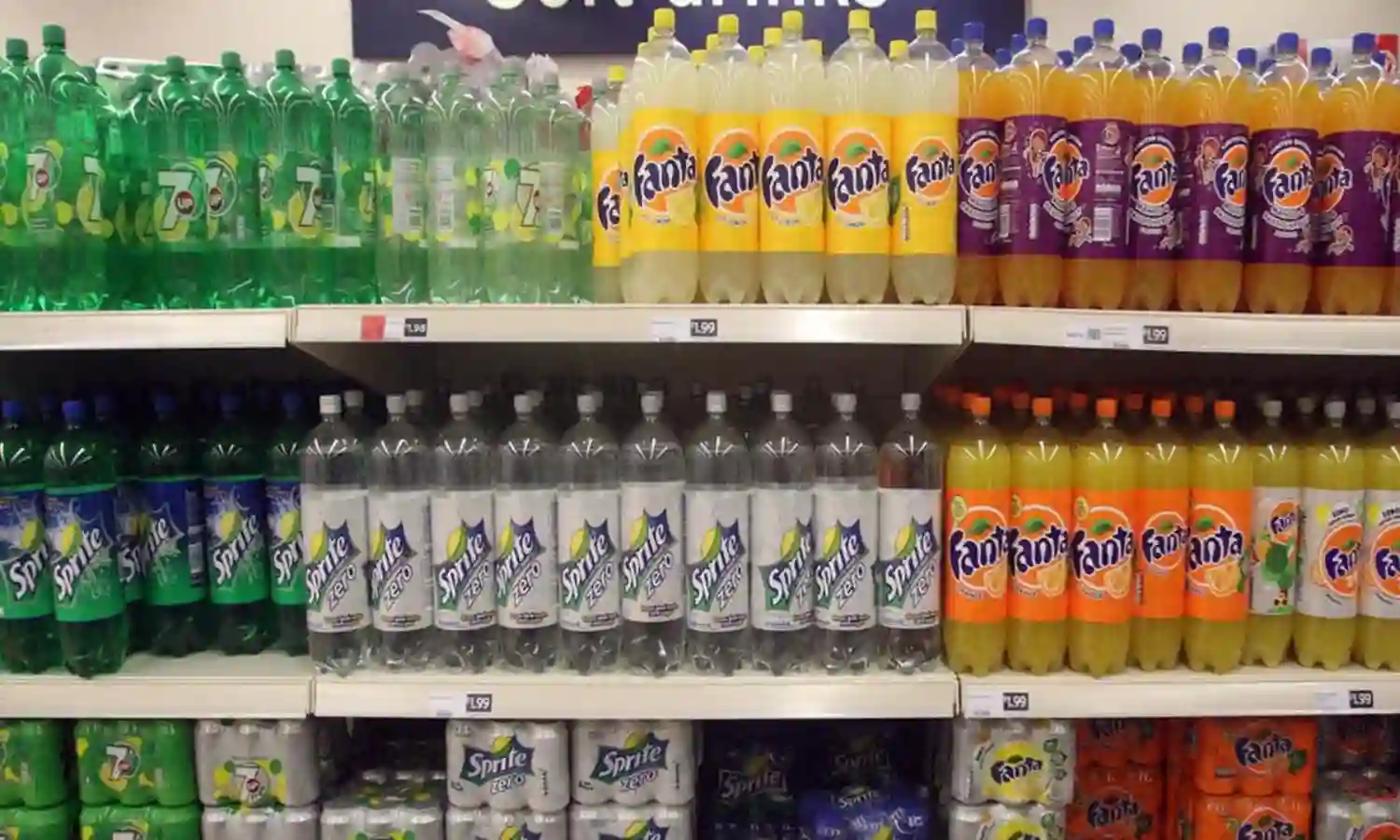Nigerians demand diabetes fund from sugary beverage taxes
The petition was to appeal to Federal Government to allocate revenue from Sugar-Sweetened Beverage (SSB) taxes to subsidise treatment of the disease for vulnerable citizens.;

Ms Omei Bongos, the Health Communications Specialist, Gatefield Nigeria Limited, says more than 16,000 Nigerians from Lagos, Abuja, Kano, Kaduna and Enugu have signed a petition, urging government to subsidise diabetes treatment.
She told newsmen on Wednesday in Abuja that the petition was to appeal to Federal Government to allocate revenue from Sugar-Sweetened Beverage (SSB) taxes to subsidise treatment of the disease for vulnerable citizens.
Supreme News reports that Gatefield is a team of consultants that employ a mix of strategy, advocacy, and storytelling to drive policy and behaviours that will help people to lead better lives.
Bongos said that the initiative was part of a broader campaign by the National Action on Sugar Reduction Coalition (NASR) for a call to action, which emerged from a weekend of community mobilisation by youth advocates.
She explained that the advocates visited households across the four states and Abuja to raise awareness about the health risks of excessive consumption of sugary drinks.
She added that “the initiative is part of a broader campaign by NASR to utilise pro-health fiscal policies to address the growing burden of Non-Communicable Diseases (NCDs) in Nigeria.
“The petitioners are urging the government to direct funds from the existing N10 per litre tax on non-alcoholic, carbonated, and sugar-sweetened beverages introduced in 2021 to the prevention and management of type 2 diabetes.
“This push aligns with WHO’s recommendations, which advocate for SSB taxes to reduce consumption and curb the rise of chronic diseases linked to high sugar intake, including type 2 diabetes, heart disease, hypertension and cancer.”
The health communications specialist said that Nigeria currently has the highest diabetes prevalence in Africa, with an estimated 11.2 million people living with the disease.
She added that “unfortunately, many of these patients, particularly those from low-income backgrounds, struggle to access necessary treatment.
“This often leads to skipped medications and the use of inadequate alternatives, heightening the risk of severe complications such as amputation and kidney failure.
“In Kaduna, one woman shared her story of desperation, revealing that she had to alter her diabetes medication without consulting her doctor because she couldn’t afford the prescribed dosage.
“We, the diabetes patients, even the hypertensive patients, want the government to help us.”
Mr. George Adjete, the project coordinator in Lagos, recounted some of the stories he encountered during mobilisation efforts.
He said, “I met a mother whose child is suffering from an ailment linked to excessive intake of sugary drinks.
“She (the mother) spent a lot on medical bills. I also spoke to a young man whose parents are both living with diabetes. Their stories were pathetic.”
Adjete expressed concern about the high cost of treatment and its strain on family finances.
These stories, he said, underscored the critical need for the government to take action.

